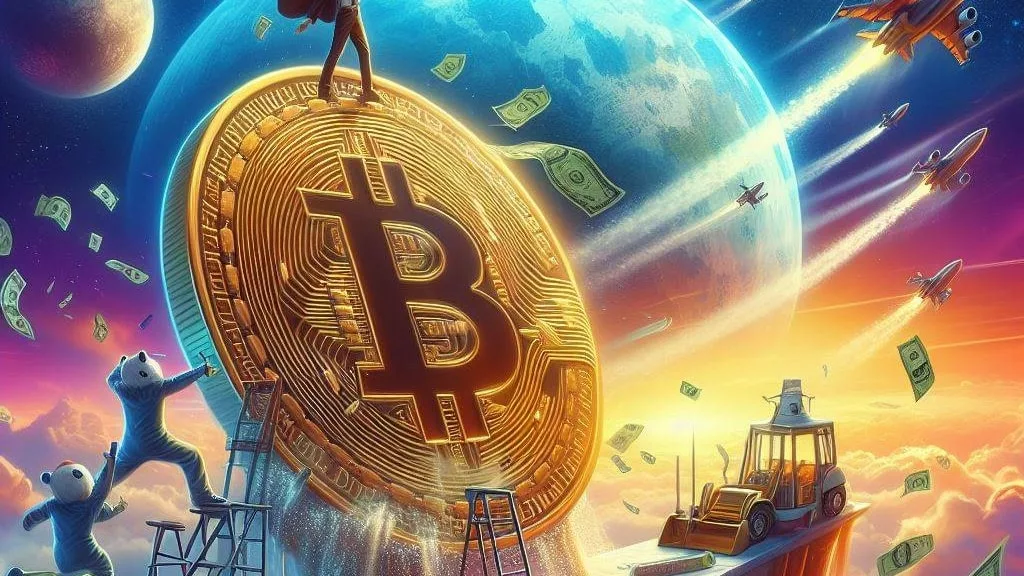
In a bid to alleviate concerns and dispel uncertainties lingering within the XRP community and the broader crypto market, legal expert Bill Morgan recently offered comprehensive insights into the legal standing of XRP. Against the backdrop of pivotal court rulings affecting entities like Coinbase and Terraform Labs, Morgan’s commentary seeks to clarify misconceptions and provide a nuanced understanding of XRP’s legal landscape.
Breaking down the prevalent Fear, Uncertainty, and Doubt (FUD) surrounding XRP, Morgan identifies three primary narratives that have plagued the community:
Delving into the second point, Morgan challenges the notion that XRP lacks legal clarity post-Judge Torres’ ruling. Despite the court’s clear determination that XRP itself is not a security, Morgan rebuts assertions suggesting otherwise. He emphasizes the absence of legal precedent supporting the argument that certain XRP sales could render the token a security.
Addressing the second point, Morgan vehemently rebuffs the notion that XRP lacks legal clarity. Despite misconceptions stemming from recent judicial decisions, Morgan argues that the court’s findings affirm XRP’s status as not being a security. He emphasizes the absence of legal precedent supporting claims to the contrary.
Legal Landscape Unraveled:
Morgan meticulously dissects the legal nuances, emphasizing that each case in the crypto space hinges on its unique facts and circumstances. The Ripple case, in particular, stands on its own merits, distinct from other regulatory actions. Morgan reaffirms that the SEC has not contested Judge Torres’ ruling regarding XRP, which nullifies any lingering uncertainty about its classification.
Drawing from legal proceedings, Morgan underscores the specificity of the Ripple case, highlighting the SEC’s failure to demonstrate that Ripple promoted XRP to retail purchasers. He stresses that this is not a matter of opinion but a legal fact.
Moving Forward:
Concluding his analysis, Morgan calls upon the crypto community and the broader industry to recognize the distinctiveness of each legal case within the sector. He urges for a nuanced understanding of regulatory actions against crypto assets and emphasizes that legal clarity for XRP has been established, regardless of ongoing or future cases against other tokens or entities.
Morgan addresses the confusion stemming from recent judicial decisions, particularly contrasting the SEC’s actions against Coinbase and Solana with the case against Ripple. He highlights misconceptions arising from the misinterpretation of these distinct legal proceedings, urging for a more nuanced understanding.
The crux of Morgan’s argument lies in distinguishing the promotional strategies employed by Ripple from those scrutinized in other cases. He notes Ripple’s more reserved marketing efforts targeting institutional buyers rather than the retail market, a factor pivotal in Judge Torres’ decision regarding XRP.
Further dissecting the legal landscape, Morgan emphasizes the uniqueness of each case within the crypto space. He stresses that the Ripple case and the legal clarity of XRP stand on their own merits, distinct from the SEC’s actions against other entities. Quoting directly from legal proceedings, Morgan underscores the specificity of the Ripple case, highlighting the SEC’s inability to demonstrate retail promotion of XRP.
Concluding his analysis, Morgan calls for recognition of the distinctiveness of each legal case within the crypto sector. He urges stakeholders to move beyond FUD and focus on the path ahead, emphasizing that legal clarity for XRP has been established, irrespective of ongoing or future cases against other tokens or entities.
As XRP trades at $0.59 at press time, Morgan’s insights provide a beacon of clarity amid regulatory uncertainties, fostering confidence within the XRP community and the broader crypto market.


Get the latest Crypto & Blockchain News in your inbox.